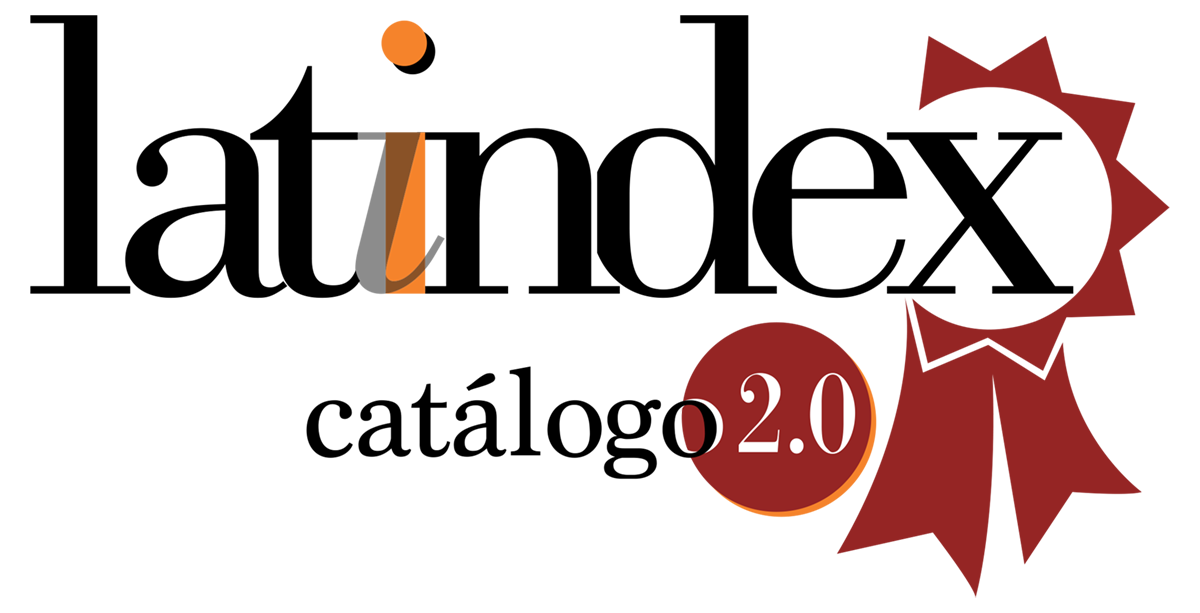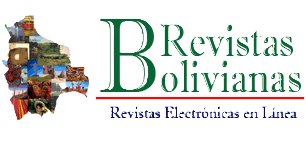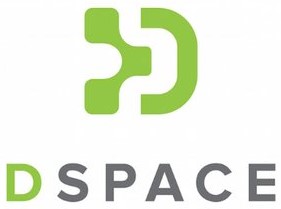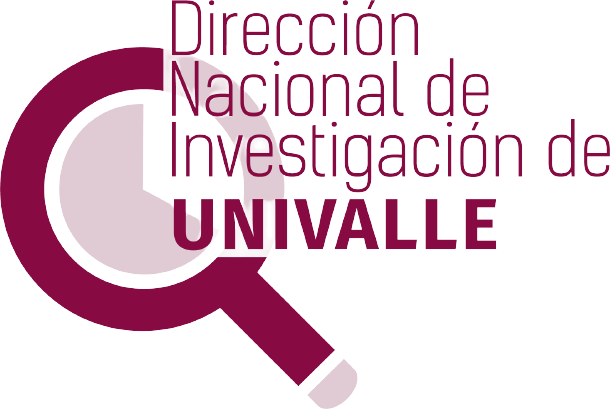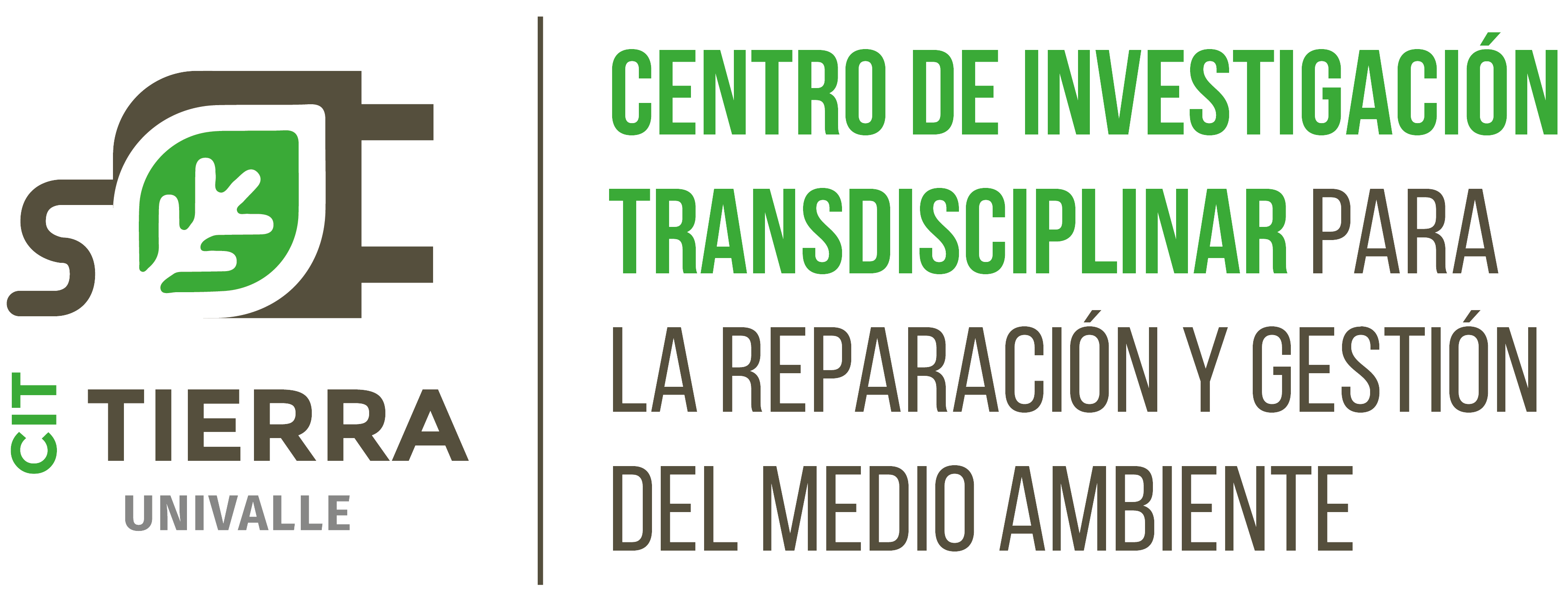Editorial Code of Ethics
The Journal Boliviano de Ciencias adheres to ethical principles of scientific publishing, drawing inspiration from the Code of Conduct of the Committee on Publication Ethics (COPE).
All accepted articles must comply with these guidelines, ensuring integrity, originality, and transparency throughout the publication process. The publication of articles in this journal constitutes an ongoing process of knowledge production. The journal promotes the publication of open-access digital articles and considers it its duty to uphold the dissemination of scientific knowledge with rigour and quality, under a firm ethical commitment to the academic and scientific community.
In support of this, the following are established:
1. Responsibilities of Authors
-
Ensure that submitted works are original and unpublished, and that they contain no copied material or duplicated results.
-
Refrain from submitting the same manuscript to more than one journal simultaneously.
-
Provide accurate and complete references to all sources used.
-
Appropriately acknowledge the intellectual contributions of all authors, in accordance with their level of scientific involvement.
-
Provide contact details to facilitate communication with other researchers regarding the published work. These details will be published alongside the article.
-
Upon request from the editorial team, authors must provide the data or sources underpinning their research findings.
-
Disclose any conflicts of interest as well as sources of research funding.
-
If an error is identified post-publication, the author must promptly notify the editorial team to facilitate the necessary corrections.
-
Authors are required to sign and submit a declaration of authorship and ownership agreement at the time of submission.
2. Responsibilities of Reviewers
-
Provide evaluations that are critical, constructive, and unbiased, and do so within the stipulated timeframe.
-
If a reviewer feels unqualified to assess a particular manuscript or is unable to complete the review in time, they must inform the editors without delay.
-
Manuscripts must be treated with strict confidentiality.
-
Review reports should be thoroughly substantiated, offering clear recommendations and relevant references.
-
Reviewers must notify the editors of any suspected instances of similarity, duplication, or plagiarism in the manuscripts under review.
-
If the anonymity of the review process is compromised, this must be immediately reported to the editorial team.
Ethical Use of Artificial Intelligence in Scientific Publishing
The Journal Boliviano de Ciencias acknowledges the value and growing presence of Artificial Intelligence (AI) in research, writing, and scientific evaluation processes. Accordingly, and in alignment with the principles set out in the Heredia Declaration (2024), the following guidelines are adopted to ensure the responsible, ethical, and transparent use of AI in editorial practices:
1. General Principle
AI must be regarded as a complementary tool, not a substitute for human roles in the creation, peer review, and editing of scientific manuscripts. Final decisions and ethical responsibility rest solely with human beings.
2. Authorship
-
Authorship of articles is attributed exclusively to human beings.
-
The use of AI tools during the research or writing process must be explicitly disclosed, including details of the model used, its version, the date of use, and the nature of its contribution.
-
Authors are responsible for validating, filtering, and contextualising any AI-generated content, ensuring the avoidance of bias, errors, plagiarism, or misinformation.
-
The use of personal or sensitive data within AI systems is strictly prohibited without explicit consent.
3. Peer Review
-
Reviewers must exercise their independent critical judgement. If AI is used to support the review, this must be reported to the editorial team, specifying the model, version, date of use, and its precise function.
-
Any interaction with AI during the review process must be traceable and transparent.
4. Editing
-
The editorial team shall retain full human oversight over the editing and layout process. Any use of AI in editorial tasks (e.g., translation, drafting, technical checks) will be documented and must not involve the delegation of critical responsibilities.
5. Transparency and Continuous Improvement
-
All editorial actions involving AI will be communicated to authors and readers as part of a broader transparency policy.
-
It is recognised that these technologies are constantly evolving; thus, these principles may be updated as needed to remain aligned with the current academic and ethical landscape.
AI must serve science, ethics, and human well-being. Its use within this journal shall always be governed by these fundamental principles.

